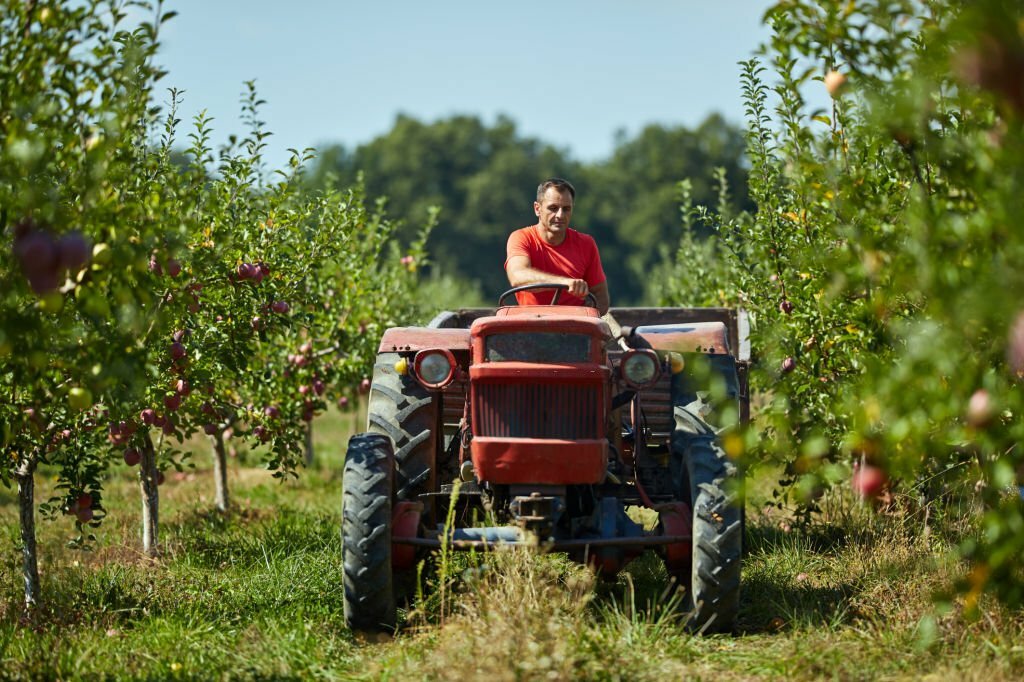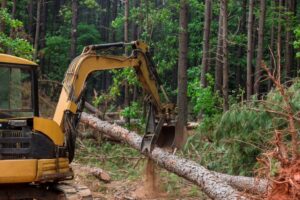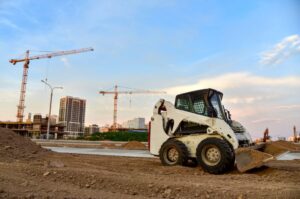Tractors, pivotal in heavy equipment operations, play a vital role in modern agriculture and construction. However, their extensive use often carries various environmental implications that demand comprehensive evaluation. This article delves into the multifaceted environmental impacts associated with tractors, highlighting key concerns, sustainability challenges, and potential mitigation strategies essential for fostering eco-friendly practices within heavy equipment operations.

Tractors, integral to the realm of heavy equipment operations in diverse industries including agriculture, construction, and transportation, play a crucial role in driving operational efficiency and productivity. However, their extensive use often yields significant environmental implications, necessitating a comprehensive understanding of the associated challenges and the implementation of sustainable practices.

One of the primary environmental concerns linked to tractor use is the emission of greenhouse gases (GHGs), contributing to air pollution and global climate change. The combustion of fossil fuels in tractors releases carbon dioxide (CO2), methane (CH4), and nitrous oxide (N2O), exacerbating the greenhouse effect and accelerating the pace of climate change. Such emissions not only impact local air quality but also contribute to the broader environmental challenges on a global scale.

Moreover, the heavy weight and repetitive movement of tractors on agricultural and construction sites can lead to soil compaction, reducing soil porosity and impeding water infiltration. Soil compaction can compromise root growth, limit nutrient uptake, and hamper overall soil health, thus posing a significant threat to agricultural productivity and ecosystem stability.
Furthermore, the operation of tractors in natural landscapes can disrupt local ecosystems, leading to habitat fragmentation and biodiversity loss. The disturbance caused by heavy equipment can adversely affect wildlife habitats, alter natural drainage patterns, and result in the depletion of native flora and fauna, thereby posing a threat to local ecological balance and resilience.
To mitigate these environmental impacts, the adoption of sustainable practices in heavy equipment operations is imperative. Incorporating alternative fuels such as biodiesel or electric power sources can help reduce the carbon footprint associated with tractor operations. Implementing precision technologies, including GPS-guided systems and automated operations, not only enhances operational efficiency but also minimizes fuel consumption and reduces the overall environmental impact of tractor use.

By prioritizing eco-friendly initiatives, embracing innovative solutions, and adhering to stringent environmental regulations, the industrial sector can strike a balance between operational efficiency and environmental preservation, fostering a sustainable approach to heavy equipment operations that minimizes ecological harm and ensures the long-term health and resilience of the natural environment.
In the realm of heavy equipment operations, recognizing and addressing the environmental impacts of tractors is paramount in fostering sustainable industrial practices. By acknowledging the significant consequences such as greenhouse gas emissions, soil compaction, and ecosystem disruption, the industrial sector can implement proactive measures to mitigate these effects. Through the adoption of sustainable practices, alternative fuel sources, and precision technologies, a harmonious balance between operational efficiency and environmental preservation can be achieved. Embracing eco-friendly initiatives and innovative solutions not only minimizes the ecological footprint of tractor use but also contributes to the long-term health and resilience of the natural environment. With a concerted effort towards sustainable practices, the industrial sector can pave the way for a more environmentally conscious and sustainable future, ensuring the preservation of ecosystems for generations to come.
Discover comprehensive insights into the environmental impacts of utilizing tractors in heavy equipment operations on the Boom and Bucket website. Explore our in-depth analysis of sustainability challenges, ecological footprints, and mitigation strategies, offering valuable knowledge for fostering eco-friendly practices and promoting a sustainable industrial landscape.



